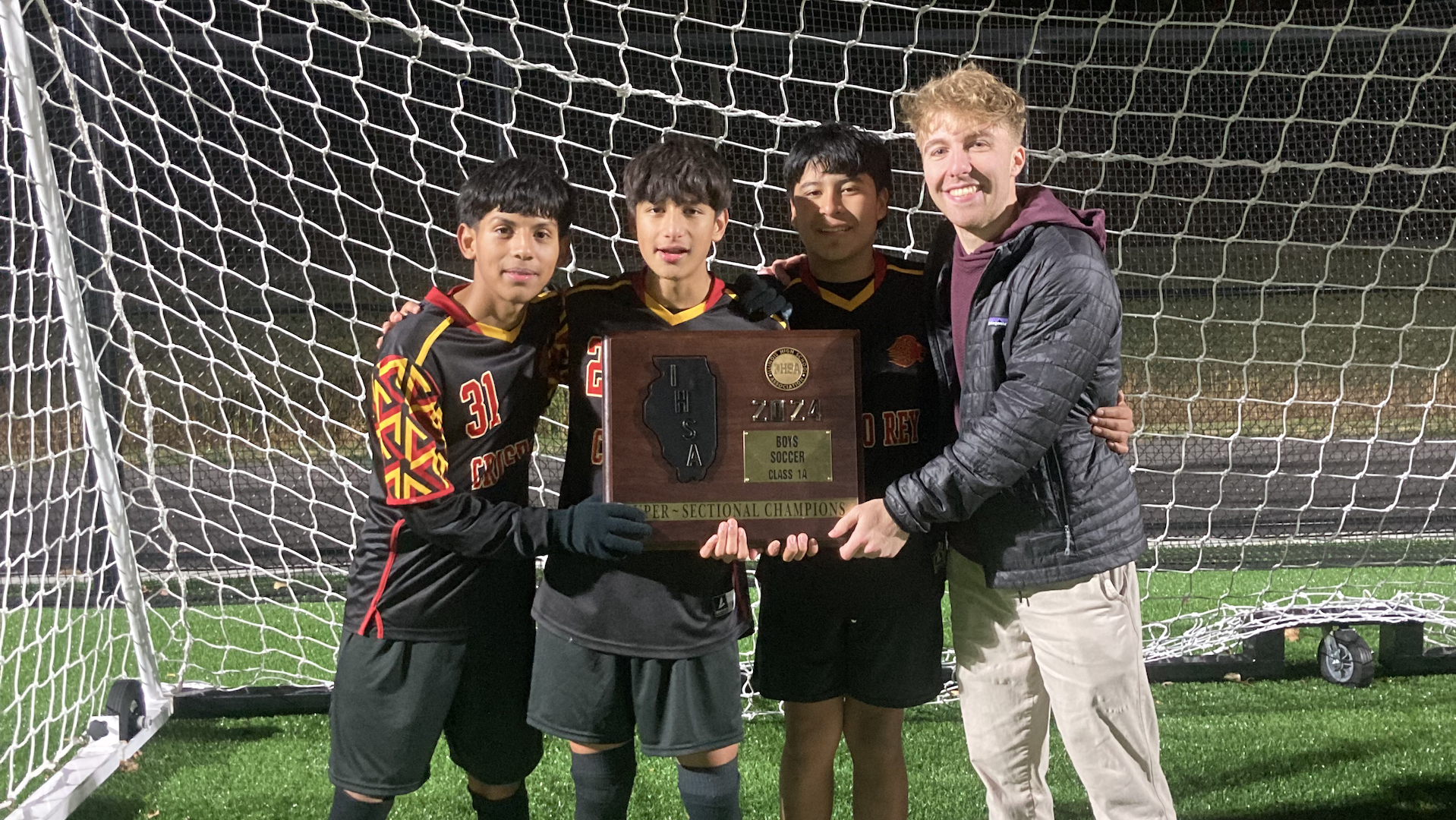When I chose to accept my place as an ACE Teaching Fellow, I was a 22-year-old liberal arts major who had really no idea what he wanted to do with his life. What better fit for someone who did not know where he wanted to go than a program that would send him…well, into the unknown? After being placed in Chicago to be an English teacher at Cristo Rey Jesuit High School and having spent a year and a half in that position, honestly I still do not really know what I want to do with the rest of my life, but what I do know is that I am thankful for the kind of work I spend my days doing at this time in my life. Not because it has been overly easy, but because I know every night when my head hits the pillow that I am a part of something, and that something is good.
ACE isn’t easy; in fact it’s difficult in ways I had never experienced difficulty before, but what it does for you, or at least what it has done for me, is that through the difficulty – through the hours spent that bring you to your breaking point by the end of November, of dedication to your community and your students – it solidifies you as a meaningful member in the lives of the people around you, and what more would you want to be?
As a high school teacher, every day you are surrounded by the faces of the people to whom you are dedicating your life’s work. Working in this way – seeing their faces every day – puts a lot of pressure on the quality of your work, as you see every day the results of your labor. That pressure motivates you to work yourself to the breaking point and beyond because you are not working for yourself. You are working for students whom you love and who you know deserve the best hour a day you can give them. Your work at home becomes embodied in the actions, an hour at a time, of 100 students — 100 people. Every day you spend your time with them, and you try your best to help them grow. Some days they do. Some days it seems as if they do not, and you kick yourself for not being what you know you could have been for them. But every night, when the head hits the pillow, whether your lesson was brilliant or brain-numbing; whether you got two essays graded or twenty; you know that you at least tried. And the hours of trying pile up. They become not just something you do, but someone you are. Your students recognize it, your coworkers recognize it, and you recognize it – that you are not alone. You have become, through your labor, an embedded member of an organization dedicated to the betterment of youth.
That is what there is to be grateful for as a teacher – as a teacher who tries and as a teacher who loves. You live a life that even if you have no idea in what direction you want it to go, is for the time being, being put to good use. To be a teacher in November is to be exhausted, crumbling, and stumbling towards the first vacation break in ages. But it is also to be a person grateful for that exhaustion. Because every piece of energy that led to your current need for sleep was exhausted for a good purpose and knowing that, that purpose gives back to you and you feel, among that exhaustion, pride. You feel grateful for the life you live.
 Alliance for Catholic Education
Alliance for Catholic Education
